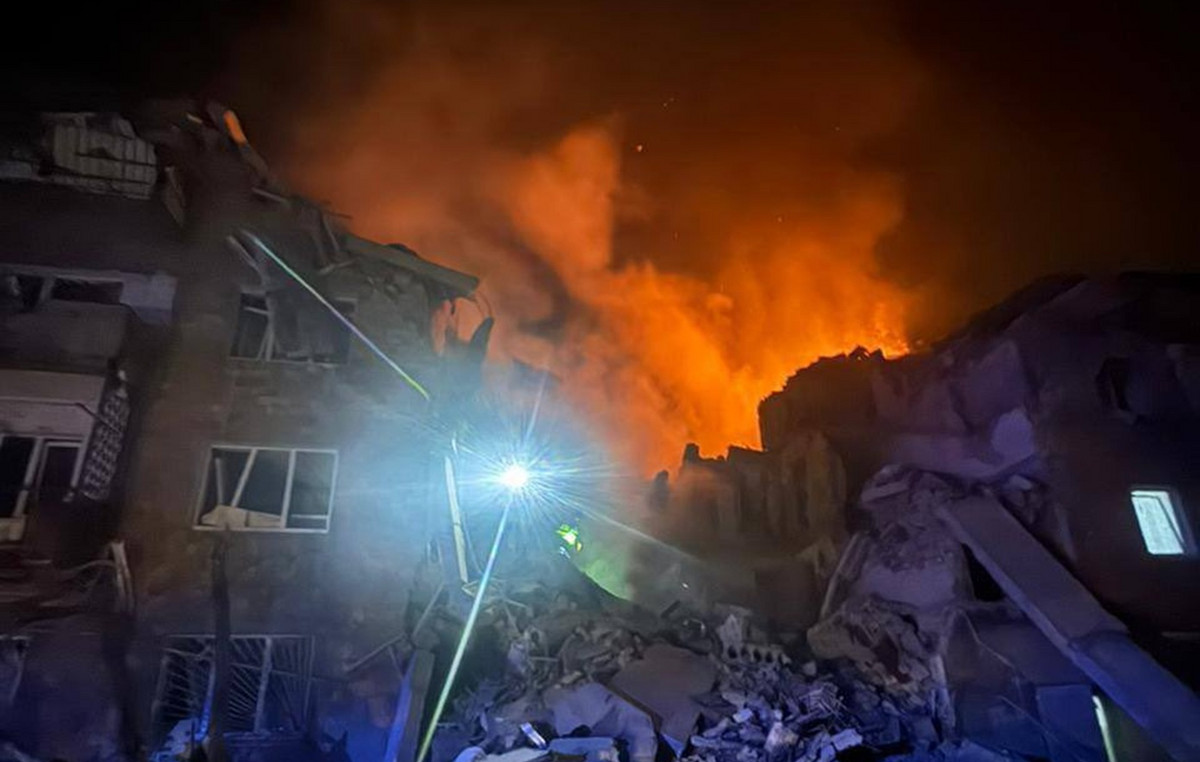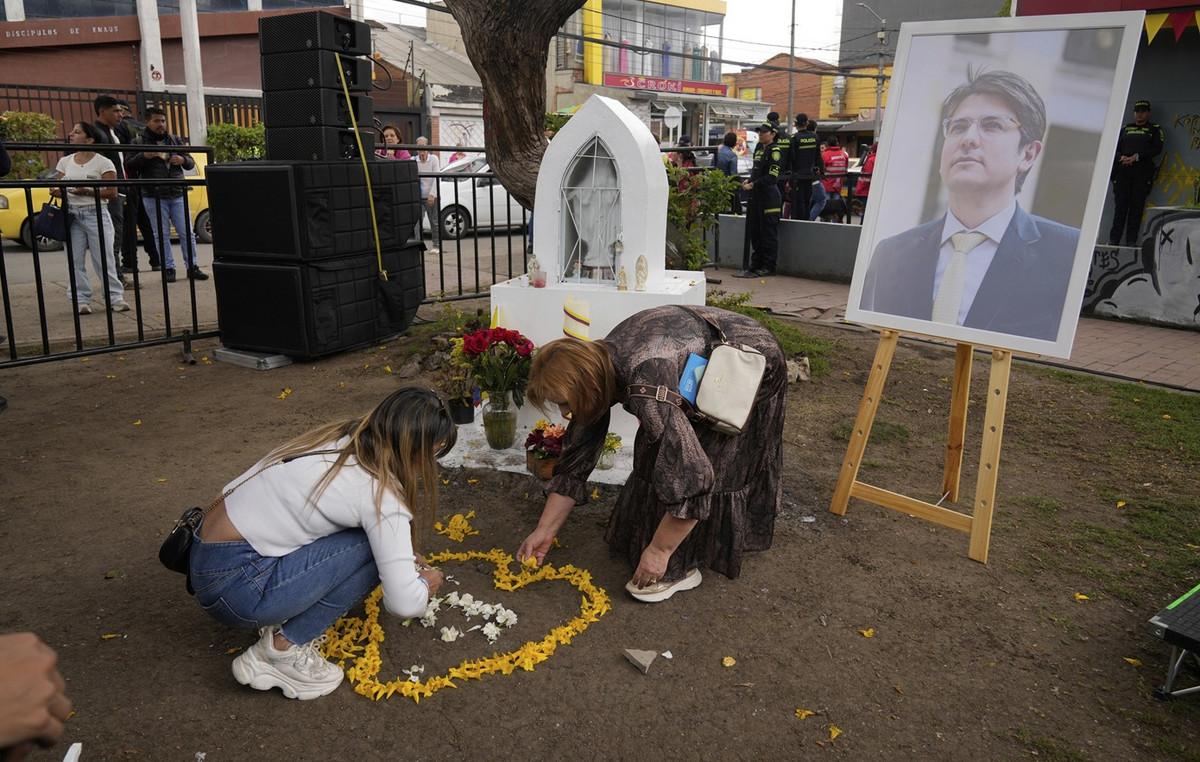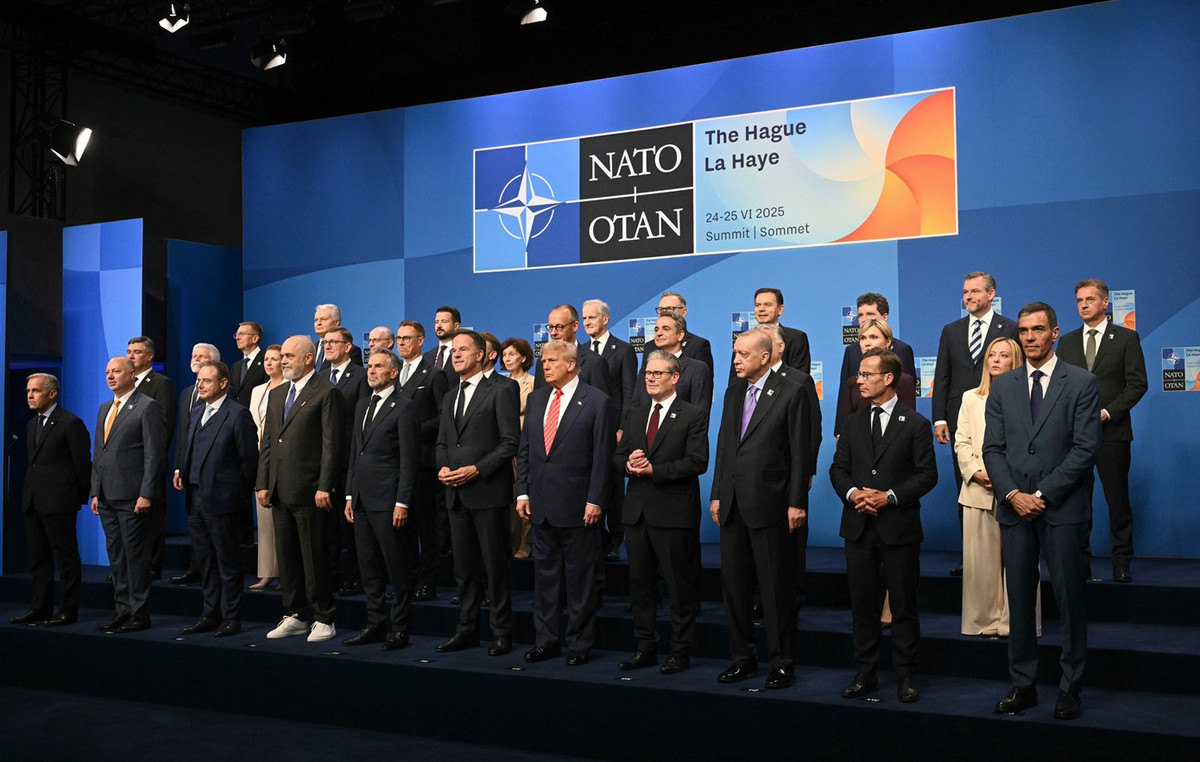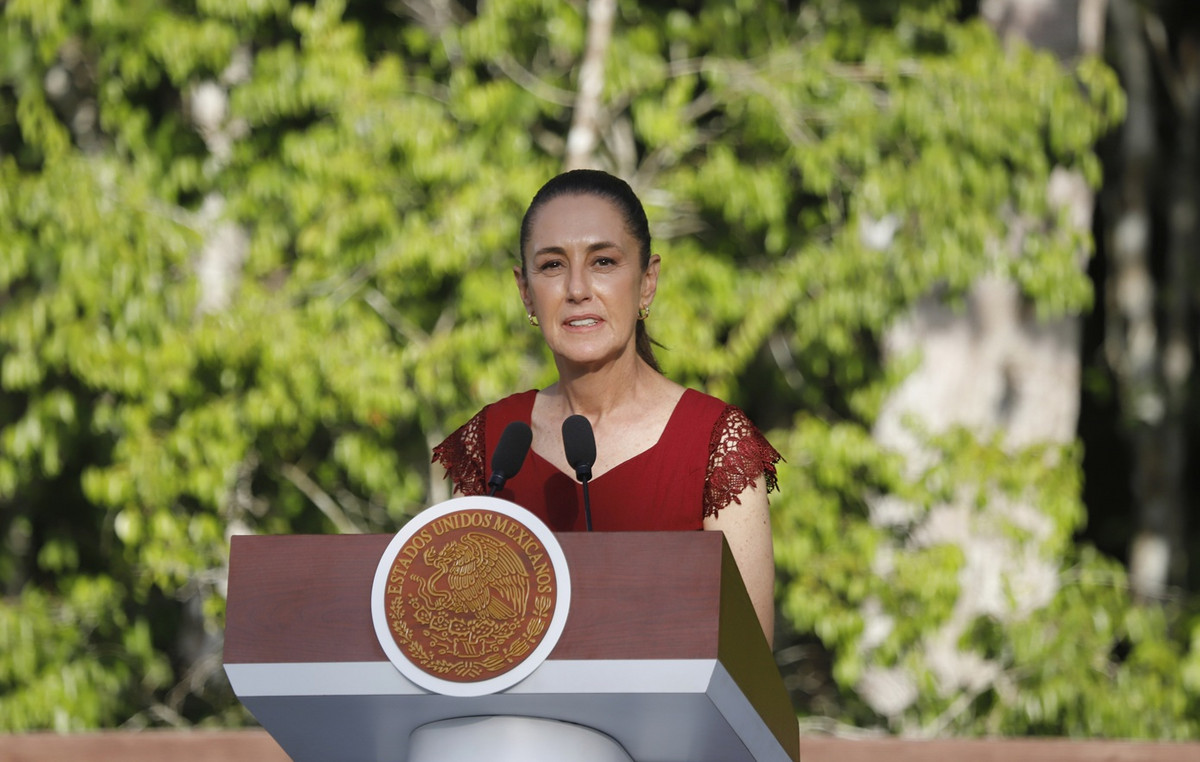In a city silenced by gangs, everyone hears the drone of a helicopter in the middle of the night – a brief sign that someone very lucky has managed to leave Port-au-Prince.
A CNN managed to land by helicopter in the Haitian capital on Friday (15), after days of intermittent plans that required detailed security measures and multiple layers of diplomatic approval.
Since our previous visit to Haiti last month, the situation has drastically worsened. Beleaguered Prime Minister Ariel Henry has announced his decision to step aside, but it is unclear who will fill the void or when.
The promised transitional government has yet to materialize and plans for a Kenyan-led stabilization force are in limbo.
These days, ordinary people rarely leave their homes in Port-au-Prince, where daily battles between police and gangs send clouds of smoke into the air, and gunshots echo through the silent streets.
Avenues that would normally be packed with cars and vendors are empty, and the city's “tap tap” painted taxis are rarely full.
There are few places left to go. All roads leaving the city are blocked by gangs, as is access to the port, and the city's international airport has been closed, its walls full of bullet holes.
Nothing is coming in either; the city's supermarkets are running out of food. Gas stations are out of fuel. Hospitals have low blood supplies.
On Friday night, gunshots could be heard in the city's hills. Further down the road, a police operation was also underway in the territory of notorious gang leader and former police officer Jimmy Cherizier, also known as “Barbecue.”

The United Nations is working to create an air bridge between Port-au-Prince and Santo Domingo, in the neighboring Dominican Republic, that would transport vital supplies to the city.
But for now, the only thing arriving in Port-au-Prince are private evacuation helicopters – a bitter reminder of the great inequality that has plagued Haiti for decades, where most people live on less than US$4. 20) per day.
Hundreds of people are putting their names on lists to flee Port-au-Prince by air, several pilots told CNN – a small class of wealthy foreigners and diplomats with the resources and network to consider chartering a private flight where a single seat currently can cost more than $10,000.
Helicopters can be heard regularly at night and early in the morning, Port-au-Prince residents say, with an audible difference between the small private helicopters arriving from the Dominican Republic and the larger military helicopters believed to be used by some diplomatic missions, including the United States.

However, no amount of money or planning can eliminate the danger of flying through a war zone, and pilots say they are increasingly cautious when undertaking evacuation flights. From one day to the next, it is never clear when the next flight will be possible.
Two pilots told the CNN who heard gunshots while carrying out an evacuation. “When you hear the ping, ping, ping of bullets going by, you don’t want to do it anymore,” one said.
“As far as I’m concerned, the whole city is run by gangs,” said another, showing the CNN a map of the dense urban sprawl of Port-au-Prince, where he says he is unable to predict where the gunshots might come from.
According to UN estimates, 80% of Port-au-Prince is currently controlled by gangs. Haiti fell into crisis in early March when gangs called for the resignation of Prime Minister Henry and his government.
For the first time, according to security sources, rival gangs and coalitions began to cause coordinated damage, sharing territory for tactical advances.
Haiti's national police fought valiantly, but with limited resources. They can't be everywhere at once – and they are often the targets themselves, with several police stations attacked or set on fire in the last two weeks.
Haiti's current security crisis is the most devastating Haiti has faced in recent years – an escalation once unthinkable for a country that has long suffered chronic violence, political crises and drought, leaving an estimated 5.5 million Haitians – about half of the population – in need of humanitarian assistance.

Henry came to power unelected in 2021, following the assassination of Haiti's then president, Jovenel Moïse.
His term in office was marked by months of escalating gang violence, which became more intense after he failed to hold elections last month, saying the country's insecurity would jeopardize the vote.
On Monday (11), amid enormous pressure to do something to stop the violence in Port-au-Prince, Henry announced his resignation. He would hand power over to a transitional council, he said. But at the end of the week, the council had not yet been formed.
A last hope for Port-au-Prince could be sending troops from abroad to reinforce the police and confront the gangs, in a mission requested by Henry, with the green light from the UN Security Council and led by Kenya.
Restoring peace to the streets would be the first step in allowing Haiti to hold a vote and eventually elect a new government.
In fact, when the worst of the violence erupted last week, Henry was in Kenya to sign an agreement to send 1,000 Kenyan police officers to Haiti.
But as the chaos continues, hopes for the cavalry in Port-au-Prince are fading. Following the announcement of Henry's resignation, Kenya said the deployment of its forces would be delayed, citing the instability of the Haitian government.
Source: CNN Brasil
Bruce Belcher is a seasoned author with over 5 years of experience in world news. He writes for online news websites and provides in-depth analysis on the world stock market. Bruce is known for his insightful perspectives and commitment to keeping the public informed.







